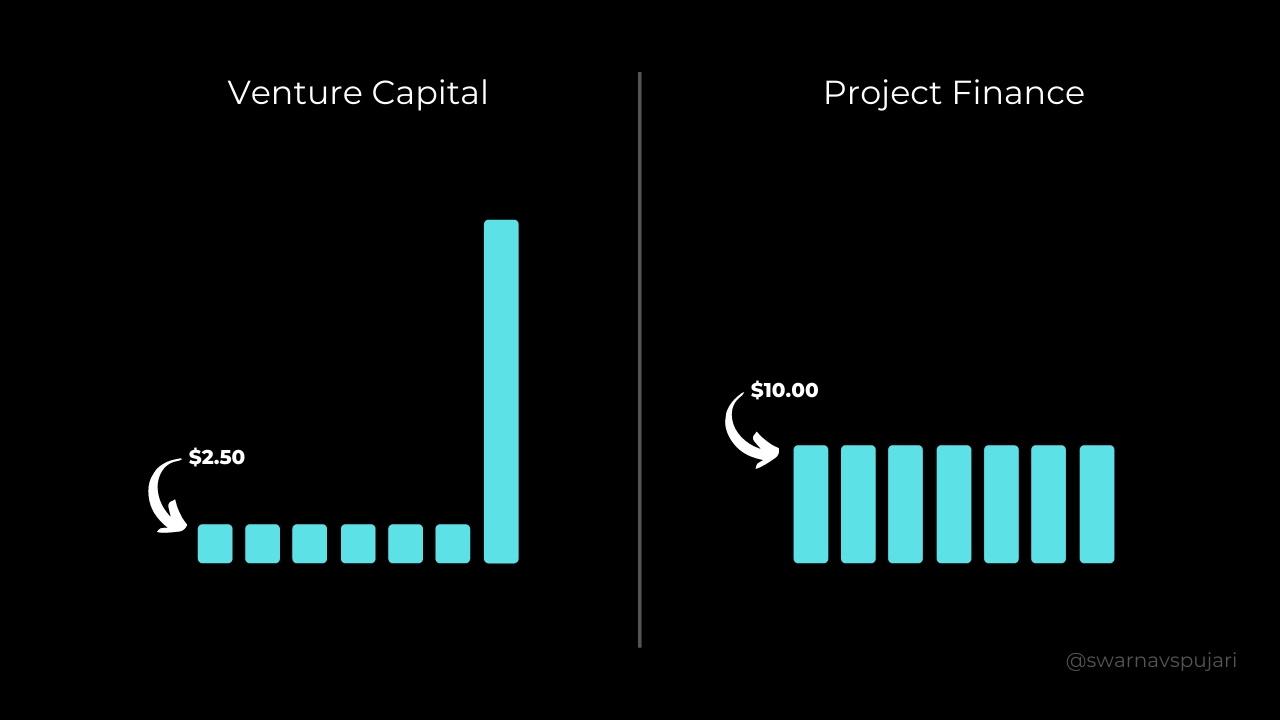I was bored Sunday morning, so I posted a question on LinkedIn with a question that I’ve been thinking about for a while now.
- Early stage startups (pre-seed/seed) are struggling to fundraise.
- Later stage startups are looking to do an equity raise and use the funds where project finance would typically be used.
The Problem:
To Answer the Original Question:
The conversation got more interesting – pulling in other pieces of the puzzle.
Even though project finance is more of a priority, in terms of timing, the decision relies upon what is applicable when and under what market circumstances. Additionally, to be able to scale and deploy technologies, there needs to be a strong market. Strong markets mean more options to fund and finance businesses/projects.
My Thoughts:
About The Author

Daniel currently works at Lawrence Livermore National Laboratory. His original assignment was to maintain and update facility safety documentation for all facilities on-site, and perform risk analysis. Over time, his role has expanded to leading continuous improvement efforts through product management.
Concurrently, Daniel volunteers with Techstars, helping organize startup weekends, and with the American Institute of Chemical Engineers, organizing events on the local and national levels of the organization. He also volunteers with One World, and previously with Powerhouse Ventures, to source and screen startups for potential investment.
Daniel holds a BS in Chemical Engineering from UC Davis, and recently completed coursework in energy innovation from Stanford. His passion is at the intersection of sustainability, innovation, and business.

